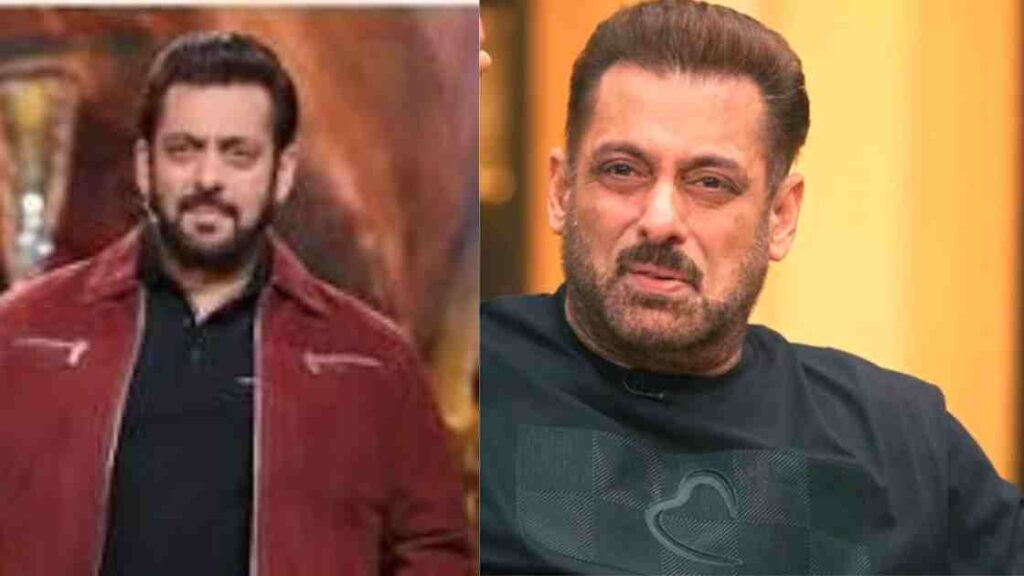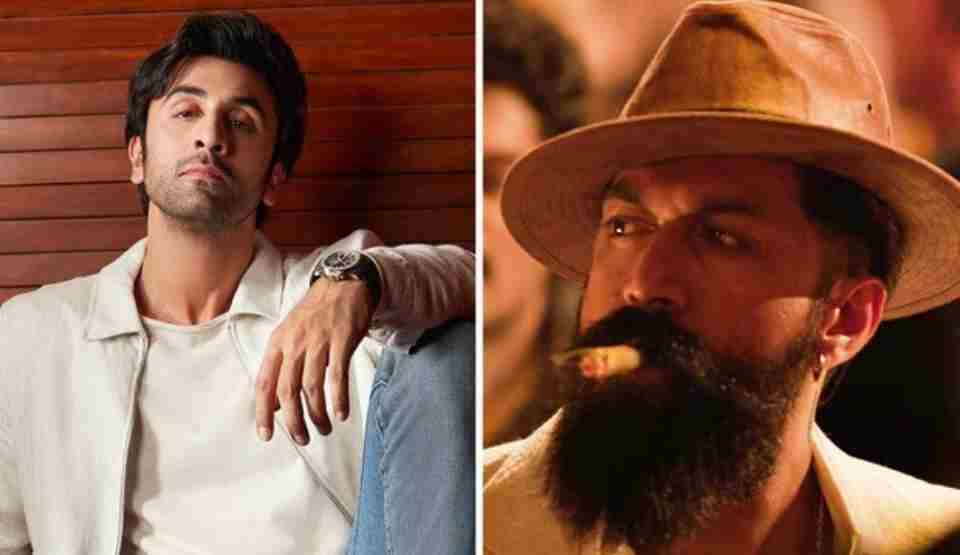Actor reveals harrowing details of trigeminal neuralgia battle, including intensive surgery and dangerous painkiller doses
In a deeply personal moment on Prime Video’s chat show “Two Much with Kajol and Twinkle,” Bollywood icon Salman Khan shared the painful reality of living with trigeminal neuralgia for over seven years. Appearing alongside fellow actor Aamir Khan, the 59-year-old star’s emotional account left co-host Kajol visibly moved to tears.
A Pain Beyond Description
Trigeminal neuralgia, medically known as the “suicide disease” due to its excruciating nature, became Khan’s unwelcome companion for seven and a half years. The condition affects the trigeminal nerve and causes sudden, severe facial pain that can be triggered by the simplest daily activities.
“The pain was indescribable,” Khan revealed during the candid conversation. “You wouldn’t wish it upon your worst enemy. It would strike every 4-5 minutes, sometimes even while I was mid-sentence.”
The actor painted a vivid picture of how the condition transformed basic activities into monumental challenges. Simple meals became marathons of endurance, with breakfast taking an hour and a half to complete. “I would go straight from breakfast to dinner,” he shared. “Even eating an omelet required pushing through waves of pain just to finish.”
The Medical Maze
Initially, medical professionals misdiagnosed Khan’s condition as a dental problem. The actor was consuming dangerous levels of medication in his desperate search for relief. “I was taking around 750 milligrams of painkillers daily, and even that provided no comfort,” he disclosed.
The breakthrough in diagnosis came when Khan mentioned that alcohol temporarily dulled the pain, extending the intervals between episodes. This crucial detail helped doctors realize they were dealing with a neurological condition rather than a dental issue.
The Origin Story
Khan traced his first encounter with the condition back to 2007 during the filming of “Partner.” In what seemed like an innocent moment, co-star Lara Dutta brushed a strand of hair from his face. The simple touch triggered an electric shock of pain. “I joked with Lara, ‘Wow, you’re electrifying!’ Little did I know that was the beginning of my ordeal,” Khan recalled with dark humor.
A Message of Hope
Despite his personal suffering, Khan chose to speak publicly about his condition to raise awareness and offer hope to fellow sufferers. He highlighted the tragic reality that trigeminal neuralgia has one of the highest suicide rates among medical conditions, as many patients cannot cope with the relentless pain.
“Many people don’t even know this condition exists,” Khan explained. “I wanted to speak out because so many individuals are silently battling this.”
The Turning Point
Khan’s journey toward recovery involved Gamma Knife Surgery, an intensive procedure that required screws to be attached to his face for nearly eight hours. While doctors initially warned him to expect only a 20-30% reduction in pain, the results exceeded all expectations.
“By the grace of God, the pain completely disappeared after the surgery,” Khan shared, his relief evident even years later.
Beyond Trigeminal Neuralgia
This isn’t the only serious health challenge Khan has faced. Earlier this year, he revealed on “The Great Indian Kapil Show” that he lives with both a brain aneurysm and an arteriovenous malformation (AVM). These conditions require constant medical monitoring, as a brain aneurysm involves a weakened blood vessel that could potentially cause a life-threatening stroke if it ruptures.
A Testament to Resilience
Khan’s public disclosure serves multiple purposes: raising awareness about a little-known but devastating condition, offering hope to current sufferers, and demonstrating that even seemingly impossible medical battles can be won with proper treatment and perseverance.
“You have to learn to live with it,” Khan philosophized. “Many people are dealing with heart surgeries, bypass operations, and countless other challenges. We all have our battles.”
His story stands as a powerful reminder that behind the glamour of stardom, celebrities face the same human vulnerabilities as everyone else, and that speaking openly about health struggles can provide comfort and hope to countless others walking similar paths.






